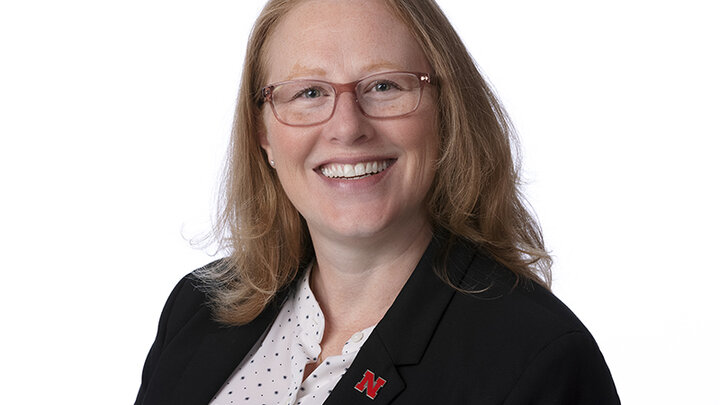A recent study, “’We Matter’: Cultural Significance of a Counter-Narrative Black Public Affairs Program,” examines the impact of “Awareness,” the longest-running Black Public Affairs show in the U.S., launched in Columbia, South Carolina, after the civil rights movement.
The study was conducted by Kelli Boling, an assistant professor at the University of Nebraska-Lincoln College of Journalism and Mass Communications. Boling conducted 13 oral history interviews and examined archival records of the civil rights leaders and media coverage of the civil rights movement in South Carolina.
“Awareness” emerged in South Carolina in 1971 as a result of several cultural and historical events sweeping the country at the time. The civil rights movement dominated the era with protests demanding equal rights for marginalized communities, and the media was under increasing scrutiny for its biased coverage of race relations. Two notable events laid the groundwork for the emergence of Black Public Affairs programming. In a historic case, the FCC ruled that a Mississippi television station was in violation of the Fairness Doctrine by not providing fair coverage of the local Black community.
In 1968, President Lyndon B. Johnson established the 11 member Kerner Commission to examine the causes of inner-city riots. The commission’s report criticized the mass media’s failure to present African Americans accurately as a contributor to the violence.
The increased media scrutiny, FCC rulings and Kerner Commission report put pressure on media outlets to examine their hiring practices and coverage to ensure greater diversity and representation.
WIS-TV, the predominant station in the Columbia market, responded by launching “Awareness” in 1971 under the direction of their first African American employee, Isaac Washington. The show featured local Rev. J.P. Neal Jr., deputy director of the South Carolina Department of Corrections, as host.
Through her research, Boling found that by featuring prominent African American guests, politicians and entertainers, the show provided a counter narrative to mainstream coverage of the Black community in South Carolina in the 1970s, which previous studies have found to be biased in favor of the white establishment. The show provided an outlet to discuss issues of race relations that went beyond the superficial protests and allowed politicians and community leaders to engage in deeper conversations that moved the community forward productively.
Additionally, the Black community in South Carolina became the prime audience for the show because as one participant, a co-host, noted, “Awareness was the show where Black people really mattered. We matter aside from who is being shot, robbed, aside from the criminal element of Columbia. We matter in the arts. We matter in the sciences. We matter in politics.”
Awareness is one of many Black public affairs programs that emerged in the wake of the civil rights movement and may be the longest-running. The show and its focus on the African American community have played a vital role in deepening the conversation about race relations in South Carolina.




